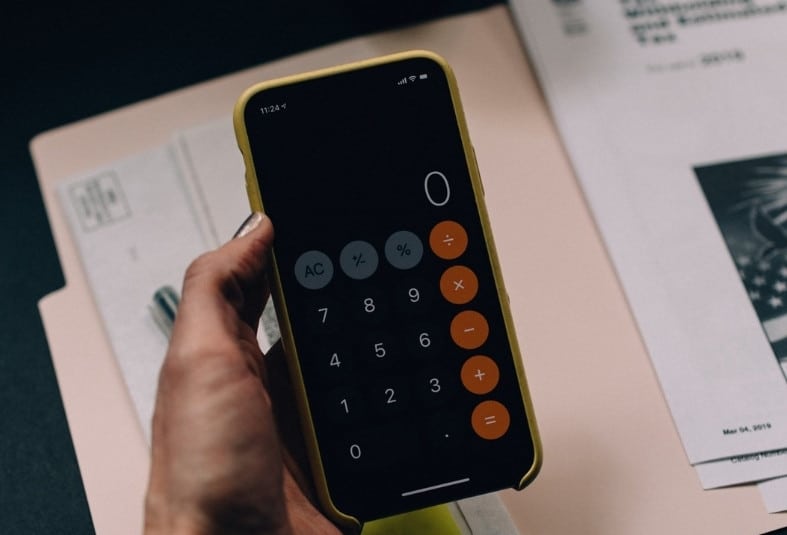While it’s all well and good to announce tax cuts, most people are still wondering how it will affect them personally and what they should do with investments and their money to make sound financial choices.
There’s also a lot of confusion surrounding what to claim with tax deductions due to COVID-19 and how to declare your JobSeeker, JobKeeper or redundancy payments properly.
When do I need to lodge for this year?
There’s no need to panic if you’re registered with a tax accountant, you’ll have more time to lodge and maybe up to May 2021 in some cases. But if you’re planning on submitting your tax, you’ll only have till October 31st, so it’s a good idea to check with a tax accountant on your options.
It’s also a good idea to check what extra deductions you could be eligible for this year, as you could be able to claim different things than in previous years due to COVID-19.
How much will the new tax cuts save me?
It varies depending on your annual salary. Lower- and middle-income earners will this year receive tax relief of up to $2,745 for singles, and up to $5,490 for dual-income families compared with 2017-18. People earning up to $120,000 or more will receive up to $2,565. Middle income earners of between $45,000 and $90,000 will get a tax cut of $1,080. The exact amount could vary, so talking to your tax accountant about your personal income is advisable.
Why are tax cuts coming forward?
After two decades of profitable growth, Australia is officially in a recession.
When consumer spending slows down due to loss of jobs, or simply people start budgeting harder and not spending, the economy will only get worse. To boost the economy, the government wants you to spend more, so they’re hoping with some extra cash this will happen.
Should I invest my tax cuts?
If you’re expecting a good return this year, there are a few smart ways you could put the extra cash to fair use. Here are a few ideas:
- Pay off more on your home loan
- Payless interest by putting money in a mortgage offset account
- Open a high-interest savings account or term deposit
- Buy some shares
- Pay forward debts, such as school fees
- Top up your superannuation by making an extra one-off contribution. This could be beneficial if you withdrew money from it this year
What are the extra tax deductions because of COVID-19?
This year due to the pandemic, the government have allowed a few new types of tax deductions.
It’s a good idea to sit with your tax accountant and go through the extra expenses you may be able to claim. Some things to consider are:
Work from home expenses – From March, Australians were told to work from home, and due to this, you will be able to claim more expenses surrounding home office expenses. You’ll be able to claim 80 cents for each hour worked at home from March 1-30 June 2020.
Home-schooling expenses – Unfortunately, this area won’t be tax-deductible. But talk to your tax accountant about any personal learning expenses such as seminars and additional courses you took to help you remain employed or gain employment.
Protective clothing – If your field of work, for example, is in medical and you needed gloves, masks and protective gear for your job, you may be able to claim these extra items.
Paying tax on JobSeeker, JobKeeper and redundancy payments
If you’ve received JobKeeper or JobSeeker payments in this financial year, you may have to pay tax depending on your situation.
JobKeeper payments are taxable, but depending on your tax-free threshold, you may not need to pay any tax. Your tax accountant will be able to advise you on this.
JobSeeker payments, along with most government benefit payments, are also included in your overall assessable income at tax time. You’ll need to be prepared to pay any tax owing on this income when submitting your tax return unless you’ve specifically requested that Centrelink withhold a small amount of your payment each time for tax.
If your total income for the year is less than $18,200, you don’t need to pay income tax.
Redundancy payments are often tax-free and aren’t included in your assessable income for tax purposes. However, if your payout is significant, you might need to pay tax on a portion of it. The size of your redundancy payment and the amount that’s tax-free will also depend on how long you’ve worked at the company.
Your tax agent will be able to make sure you’re declaring the correct amount of redundancy and not overpaying unnecessary tax.
It’s a confusing year for tax for most people and having a good tax accountant this year more than any year before could help you receive the best possible outcome for you, so you receive more money in your back pocket.
Carbon offers accounting and taxation services at our locations in Melbourne, Sydney, Perth, Adelaide and Brisbane, and are ready to help you navigate through the recession and help you with all your tax questions. Get into a good financial habit and call us today.





















